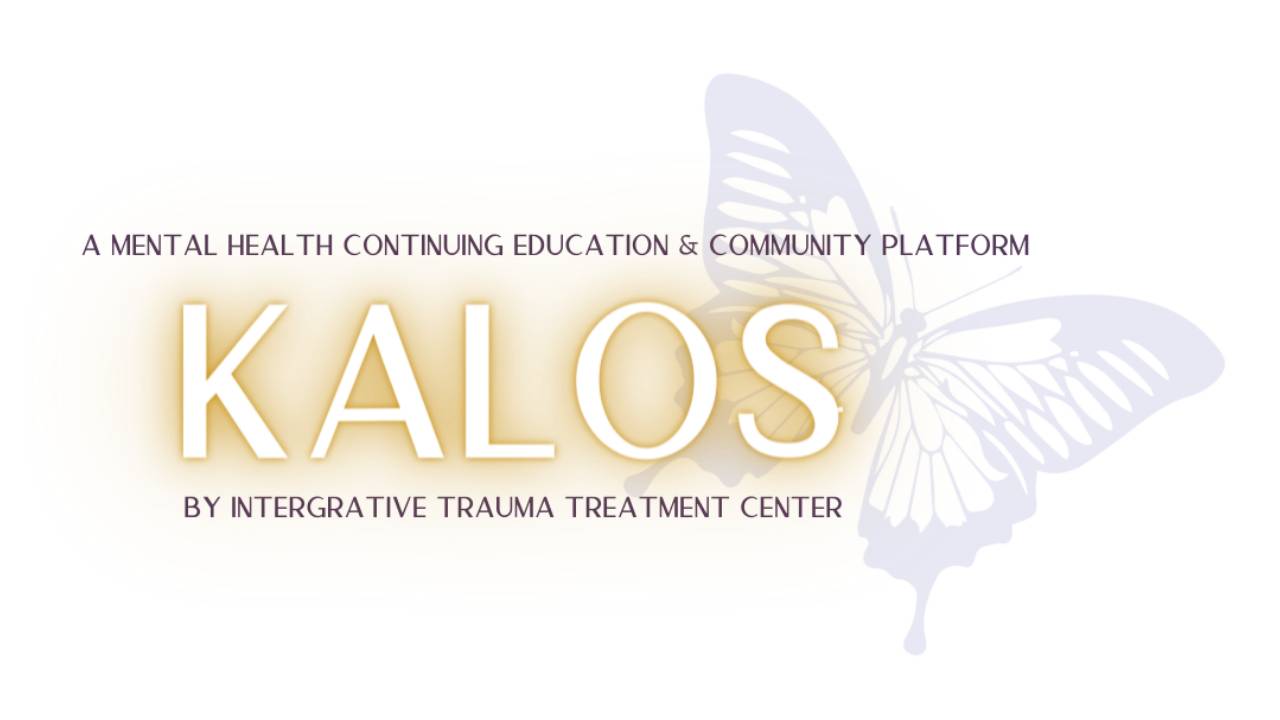Ethics and Laws Regarding Mandated Reporting: Child and Elder Maltreatment
Fulfill your ethical and legal responsibilities as a mandated reporter by mastering key concepts such as when to report, how to gather relevant information, and the essential components of a comprehensive report.
About This Course
Explore mandated reporting laws and their application in cases of child and elder abuse. From understanding the nuances of reporting obligations to learning how to respond sensitively to disclosures, this course offers invaluable insights for professionals across various fields. Gain practical knowledge on when to report, how to gather pertinent information, and the essential components of a comprehensive report.
This is a general course an Oregon state specific add on course for 1 CE hour is available.
Key Learning Objectives:
-
Mastering Mandated Reporting Laws: Develop a nuanced understanding of general mandated reporting laws and guidelines pertaining to child and elder abuse. Explore the legal framework governing reporting obligations and the ethical considerations involved.
-
Navigating Reporting Guidelines: Identify appropriate methods for gathering information related to suspected cases of maltreatment and adhere to recommended reporting guidelines. Learn to navigate the complexities of reporting obligations and make informed decisions in challenging situations.
-
Enhancing Critical Thinking Skills: Engage in critical analysis of case studies to determine whether situations warrant making a mandated report. Apply ethical principles and legal mandates to evaluate scenarios and make sound judgments regarding reporting obligations.
Course admission requirements:
Minimum of a Master's Degree in a mental health or related field; or be a student in social work, psychology, counseling, or a related field. In Low- and Middle-Income Countries, a minimum of a Bachelor's degree in social work, psychology, counseling, or a related field is required.
Enroll in Just this CourseMEET THE PRESENTER
DIANE BIGLER, LCSW, LSCSW
Diane is a Licensed Clinical Social Worker in Missouri and Kansas. She has over 20 years of experience in the fields of psychology, social work and mental health. Diane was an Adjunct Professor of Social Work at The University of Kansas, School of Social Welfare, for over 10 years. She obtained her master's degree in Social Work from KU in 2006, with clinical concentrations in Children & Families and Mental Health. Diane taught classes in the Clinical Master's program, which included: Clinical Social Work Practice, Loss and Grief, Cognitive Behavior Therapy, Family Therapy, Advanced Standing Practice, and Mental Health & Psychopathology. Diane was also a practicum Field Instructor, Field Liaison and Community Education trainer for the School of Social Welfare. Diane has facilitated hundreds of trainings to mental health professionals, physicians and nurses, teachers, police officers, business personnel, and local City Council members. Diane enjoys the creativity that comes with envisioning and designing trainings, and aims to provide trainings that are informative, engaging and skill-building. She has customized and facilitated leadership and corporate trainings to EAP clients on wellness and business topics.

Course Materials
- Prerecorded Video (60 minutes: Ethical Implications of Social Media Use for Social Workers and Nurses )
- Presentation
- Quiz
- Presentation Feedback Survey
- Certificate of Completion*
*A passed quiz of at least 80% and a completed feedback survey required for certificate.
Continuing Education (CE) hours
3 NBCC CE hours are available for licensed mental health providers. Please check with your licensing board to confirm that NBCC CE hours are accepted.
Integrative Trauma Treatment Center (ITTC) has been approved by NBCC as an Approved Continuing Education Provider, ACEP No. 6912. Programs that do not qualify for NBCC credit are clearly identified. Integrative Trauma Treatment Center (ITTC) is solely responsible for all aspects of the programs.

Become a Member!
A monthly subscription to ITTC’s Professional Learning Community, KALOS Includes:
- Unlimited Access to asynchronous courses and workshops with more being added all the time.
- Access to the Learning Community where you can connect with colleagues worldwide.
- Discounts on our live events like trainings, webinars, retreats, and our Trauma Summit.
All courses offer continuing education credits unless otherwise indicated.
Join KALOS
